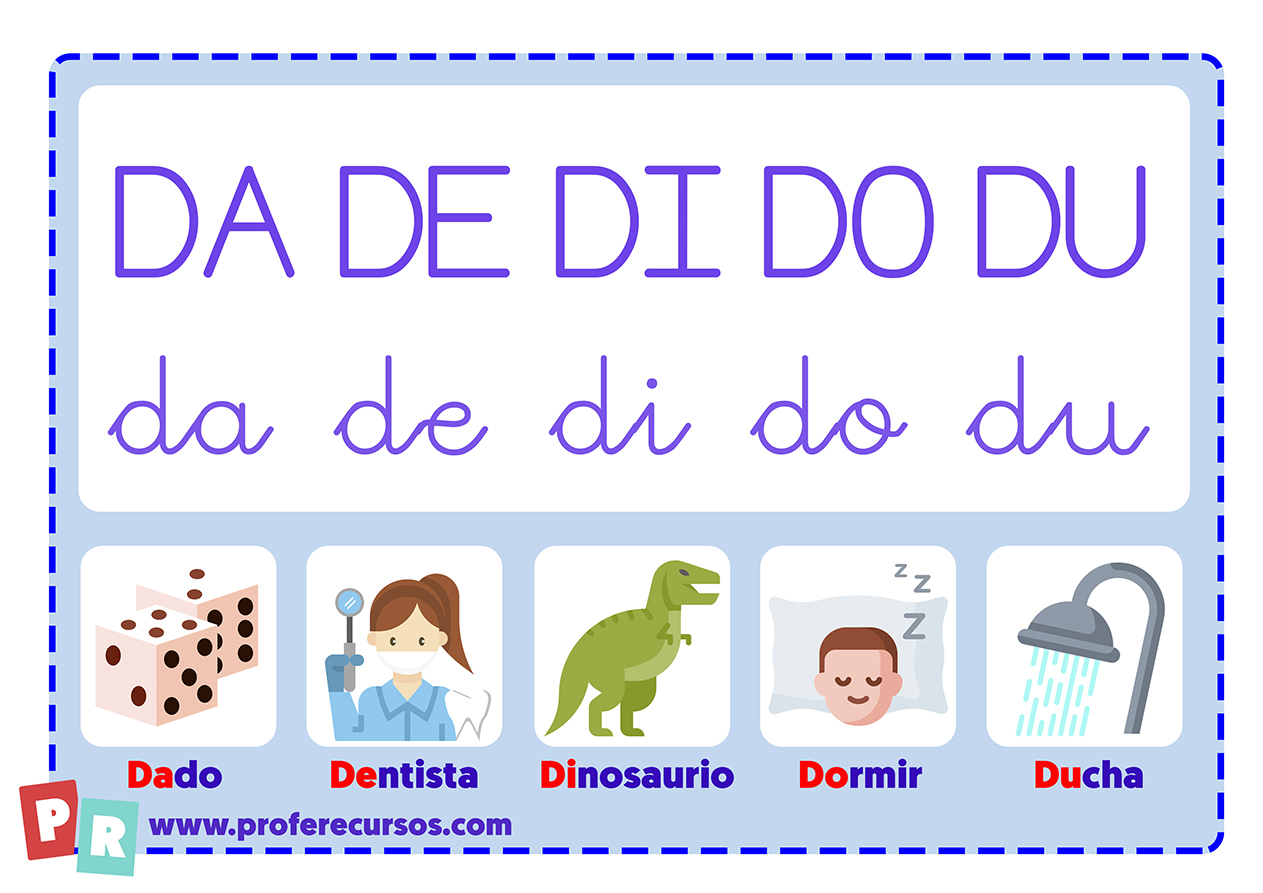Da Truth DT - Unpacking A Small Word
Have you ever stopped to think about those small words we use every single day, the ones that just slip out without much thought? It's kind of amazing, actually, how a word that looks so simple can hold so many different meanings. We're talking about "da," a tiny bit of language that, as a matter of fact, pops up in more places and ways than you might at first imagine.
It turns out, this little two-letter word, "da," is pretty versatile, you know? It shows up in conversations, in old sayings, and even in some rather serious discussions. From a quick way to talk about family to a part of legal titles, it seems to have a place in lots of different situations. We're going to, like, explore all these different sides of "da" and see just how much it truly covers.
So, if you've ever wondered about the various roles this small word plays, or if you just like figuring out the little quirks of language, you're in the right spot. We'll try to get to the bottom of "da truth dt" – that is, what this word really means across all its different uses. It's more than just a sound; it's a piece of our everyday talk with some interesting stories behind it.
Table of Contents
- What Does "Da" Really Mean?
- How Does "Da" Connect to Big Ideas?
- Is "Da" Just an Abbreviation?
- Getting the Grammar Right - The Spelling of Da Truth DT
- Where Else Do We Find "Da"?
What Does "Da" Really Mean?
So, when you hear "da," what comes to mind first? For many people, especially in places like Ireland, Scotland, or parts of Northern England, it's a pretty straightforward way to talk about a father. It's a warm, almost familiar term, you know, a simple way to refer to the person who is your dad. It's not formal at all; it's the kind of word you'd use around the kitchen table or when chatting with close family. In fact, you might even hear it used for more than one father figure, like if you're talking about a group of dads, you could say "das." It's just a very common, everyday word in those areas, truly a part of how people speak. This use of "da" really gets to the core of its personal side, a real bit of da truth dt for many families. It's a word that feels like home for a lot of people, a simple sound that carries a lot of feeling.
"Da" as a Family Term - The Core of Da Truth DT
When someone says "da" to mean father, it usually carries a certain feeling with it. It’s a term of endearment, a way people show affection, you know, a sort of warm feeling they have for their dad. It's not the kind of word you'd use in a formal letter, but rather when you're just being yourself, maybe at home or when you're catching up with family members. It really speaks to a deep connection, a bond that's often very strong. This particular way of using "da" makes it sound very personal, very much a part of someone's everyday life. It's like a little secret handshake of language, just for those who know and understand its meaning in that context. You can almost feel the comfort and familiarity when someone uses it. It’s, in a way, a little piece of home, a sound that brings back memories for many. This really gets to the very heart of da truth dt when it comes to family talk. It’s a word that truly builds bridges between people, creating a sense of shared belonging and understanding.
The use of "da" in this context is, in some respects, a beautiful example of how language adapts to fit human relationships. It’s a simple sound that, actually, conveys a depth of feeling that more formal words might miss. Think about a child calling out for their father; "da" feels quick, immediate, and full of emotion. It’s a word that feels natural, a sort of instinctive way to communicate love and recognition. This casual reference to a father is a cultural marker, too, showing up in stories, songs, and plays from those regions. It’s a word that has stood the test of time, remaining a cherished part of how people talk about their family ties. It's a very human way of speaking, often used in casual settings, like when you're just hanging out.
"Da" in a Hairdo - A Look at Da Truth DT's Style
Now, shifting gears a bit, "da" can also bring to mind something entirely different: a certain kind of hairstyle. We're talking about the "duck's ass" or "duck's arse" haircut. This was, you know, a really popular look back in the 1950s, especially among young people who wanted to make a statement. It got its name because of how the hair was styled at the back, kind of swept up and then parted down the middle, making it look a bit like a duck's backside. It was a very distinct style, often worn by people who were into rock and roll music and a bit of a rebellious attitude. This particular "da" meaning is all about a moment in time, a specific fashion trend that left its mark. It's quite interesting how a word can be linked to something so visual and, in a way, stylish. It's another piece of da truth dt, showing how culture shapes our words.
This haircut was, apparently, a sign of the times, a symbol of youth culture and a departure from older, more traditional styles. Young men would spend time carefully styling their hair to get just the right look, using plenty of hair cream to keep it in place. It was a statement, you know, a way of showing you were part of a certain group, a group that liked new music and a different way of life. The "duck's ass" wasn't just a haircut; it was a badge of identity. Pictures from the 1950s often show this style, sometimes with a comb sticking out of a back pocket, ready for a quick touch-up. It was, like your, a very particular fashion choice that said a lot about the person wearing it. This truly highlights the dynamic nature of how words can become attached to specific cultural phenomena, giving us another angle on da truth dt.
The popularity of this style spread far and wide, influencing fashion beyond just hair. It was part of a whole look, from leather jackets to blue jeans, all contributing to a new kind of cool. So, when someone mentions "da" in this context, they're not talking about a father or an abbreviation; they're painting a picture of a bygone era, a time when a haircut could, in some respects, define a generation. It’s a fun example of how language can capture the spirit of a period, offering a glimpse into the

DA takes to the streets against Eskom’s proposed tariff increases

Silabas Da De Di Do Du Aprendealeer Com Silabas Da De - vrogue.co

Deliberate non-disclosure of mayoral candidates in Limpopo is ANC